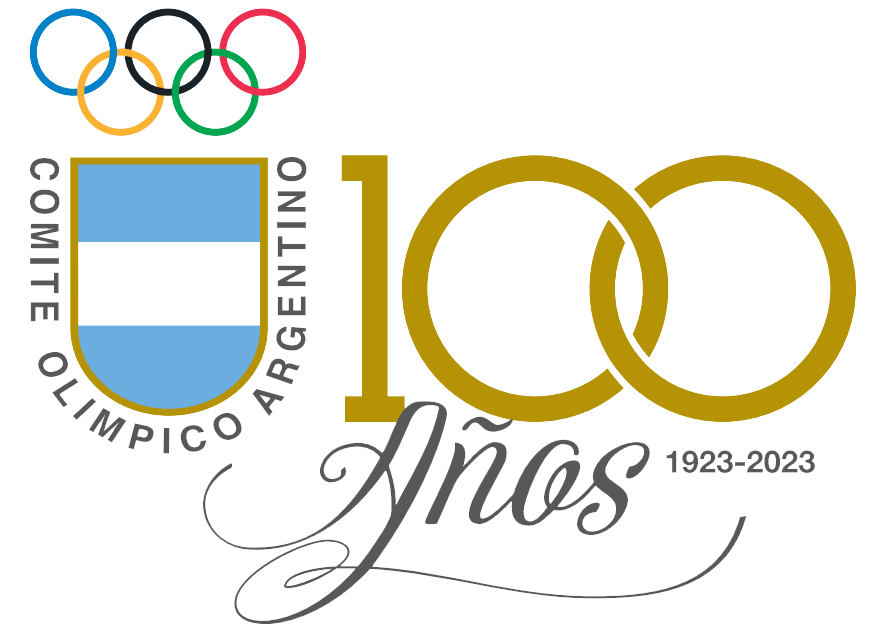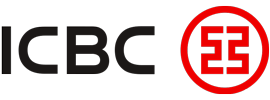Mr President, dear colleagues and friends…
This is a crucial moment for the sports movement in the fight against doping and the proper protection of clean athletes. Recent events have put us at a crossroads and we have to have the courage and the honesty to discuss how we move forward.
As you indicated Mr President, the IOC has a duty to be clear about what lessons can be learned, and think through what are the next steps needed to strengthen the fight against doping.
Like everyone in this room, I strongly condemn all those who have been involved in doping whether as an athlete, a coach, an administrator or government official.
Where there is real evidence of wrong-doing then it is vital that swift investigations take place and decisive action follows.
It is now clear there has been widespread malpractice in Russia which we should all condemn.
It is also clear that evidence of that malpractice was available to the World Anti-Doping Agency some considerable time ago.
I am surprised that investigations were not conducted earlier and that the publication of the McLaren Report took place so close to the start of the Rio Games.
I believe that this delay by WADA and the failure to investigate serious and credible allegations more swiftly has left the sports movement, including the IOC, International Federations and National Olympic Committees in a very difficult position facing incredibly difficult decisions in an impossible timeframe.
It saddens me to say this, but at times WADA has seemed to be more interested in publicity and self-promotion rather than doing its job as a regulator, acting with transparency, and looking after the best interest of clean athletes.
I also believe that the IOC and the International Federations have attempted to act properly and with integrity while being placed under intolerable pressure because of the timelines involved.
This situation requires all of us to reflect on the best way forward so that lessons can be learned.
For me, the time has come for the IOC to demand a review of the way that WADA is currently working and to seek a better system for the fight against doping in the future.
Such a review should be guided by some key principles:
Firstly, the role of WADA as a regulator needs to be better defined and understood and perhaps restructured.
Secondly, WADA’s corporate governance must improve and has to involve much stronger engagement with IFs and NOCs – many of whom have led the way in the fight against doping.
Thirdly, we need a WADA much more focussed on its basic tasks and less on grand-standing and at times undermining the good work of the sports federations and national authorities.
Fourthly, we need much greater transparency and a separation of powers in relation to the leadership of WADA – as a regulator it must command the respect of all its stakeholders including the IFs and the NOCs.
And finally, we need a system that fully recognises and supports the role of the Court of Arbitration for Sport as the final adjudicator of procedures and punishments.
Mr President, we have reached a defining moment and I fear the global fight against doping and the protection of clean athletes is not being best served by the present set-up.
We need real change and reform and I hope the IOC can use its leading role in sport to promote serious debate about the future and base its case on the principles I have outlined.
The sports world and all the fans of sport who have looked on in amazement in recent months must know that we take their concerns seriously.
And that we intend to act to provide confidence and credibility in a truly robust anti-doping system which works in the best interests of sportsmen and women across the globe.
Thank you Mr President and colleagues.
Traducción al español:
Señor Presidente, queridos colegas y amigos…
Este es un momento crucial para el movimiento del deporte en su lucha contra el doping y la correcta protección de los ateltas limpios. Los acontecimientos recientes nos han puesto en una encrucijada y debemos tener el coraje y la honestidad para discutir cómo vamos a seguir adelante.
Como usted ha indicado, Señor Presidente, el Comité Olímpico Internacional (COI) tiene el deber de ser claro sobre qué lecciones se pueden aprender y pensar cuáles son los siguientes pasos que se necesitan para fortalecer la lucha contra el doping.
Como todos en esta sala, condeno enérgicamente a todos los que han estado involucrados en el doping, ya sea como atleta, como entrenador, administrador o funcionario del gobierno.
Cuando exista evidencia real de hacer el mal, entonces es vital que se llevan a cabo investigaciones rápidas y se tomen desiciones.
Ahora está claro que ha habido negligencia generalizada en Rusia que todos debemos condenar.
También está claro que la evidencia de que la negligencia estaba disponible a la Agencia Mundial Antidopaje (AMA) hace un tiempo considerable.
Me sorprende que las investigaciones no se llevaron a cabo con anterioridad y que la publicación del Informe de McLaren tuvo lugar tan cerca del inicio de los Juegos de Río.
Creo que este retraso por la AMA y la falta de investigación de las alegaciones con mayor rapidez, ha dejado el movimiento deportivo, incluyendo el COI, las Federaciones Internacionales (FIs) y los Comités Olímpicos Nacionales (CONs) en una posición muy difícil frente a decisiones muy difíciles de tomar en un corto período de timepo.
Me entristece decir esto, pero a veces la AMA ha parecido ser más interesado en la publicidad y en la auto-promoción, en lugar de hacer su trabajo como un regulador, actuando con transparencia y el cuidado de los intereses de los deportistas limpios.
También creo que el COI y las Federaciones Internacionales han tratado de actuar correctamente y con integridad, a pesar de haber sido colocados bajo una presión intolerable debido a los plazos involucrados.
Esta situación nos exige a todos reflexionar sobre el mejor camino a seguir para que las lecciones se pueden aprender.
Para mí, ha llegado el momento de que el COI exiga una revisión de la forma en que la AMA está trabajando actualmente y busque un mejor sistema para la lucha contra el doping en el futuro.
Dicha revisión debe guiarse por algunos principios claves:
En primer lugar, el papel de la AMA como un regulador necesita estar mejor definido y entendido, y tal vez reestructurado.
En segundo lugar, el gobierno corporativo de la AMA debe mejorar y tiene que implicar un mayor compromiso con las FIs y con los CONs - muchos de los cuales han sido los pioneros en la lucha contra el doping.
En tercer lugar, necesitamos un AMA mucho más centrada en sus tareas básicas que, a veces, socavan el buen trabajo de las federaciones deportivas y las autoridades nacionales.
En cuarto lugar, necesitamos una mayor transparencia y una separación de poderes en relación con la dirección de la AMA - como regulador, debe merecer el respeto de todos sus grupos de interés, incluyendo las FIs y los CONs.
Por último, necesitamos un sistema que reconozca y apoye totalmente el rol de la Corte de Arbitraje del Deporte como el juez definitivo de los procedimientos y castigos.
Señor presidente, hemos llegado a un momento decisivo y temo que la lucha global contra el dopaje y la protección de los deportistas limpios no está siendo bien tratada por la presente organización.
Necesitamos un cambio real y una reforma y espero que el COI pueda utilizar su liderazgo en el deporte para promover un debate serio sobre el futuro y basar su caso en los principios que he delineado.
El mundo del deporte y todos los fans del deporte que han visto con asombro en los últimos meses, deben saber que nos tomamos en serio sus preocupaciones.
Y que tenemos la intención de actuar para proporcionar la confianza y la credibilidad en un sistema antidopaje verdaderamente sólido que funcione en el mejor interés de los deportistas de todo el mundo.
Gracias, Señor presidente y colegas.





